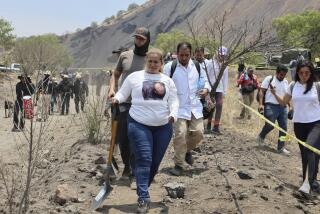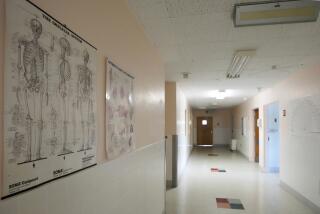UNDP: Gender inequality in sub-Saharan Africa costs $95 billion per year
Gender inequality endangers inclusive human development and costs the region of subSaharan Africa an average of $95 billion a year, or 6 percent of its GDP, according to a report released Sunday by the United Nations Development Program (UNDP).
The report, titled “Africa Human Development Report 2016: Advancing Gender Equality and Women’s Empowerment in Africa,” analyzed political, economic and social factors that hampered the integration of African women while proposing several policy measures that could reduce the current gender gap.
“If gender gaps can be closed in labor markets, education, health, and other areas, then poverty and hunger eradication can be accelerated”, said UNDP’s Administrator, New Zealander Helen Clark, at the report’s launch in Nairobi, Kenya.
Among the main obstacles African women face are harmful traditional social norms and the contradiction between legal provisions and practice in gender laws, as well as a deficit in women’s social, economic and political participation.
According to UNDP estimates, an increase of one percent in gender inequality reduces a country’s Human Development Index (HDI) by 0.75 percent.
Despite recent efforts leading to an increase in the number of young girls attending primary schools, African women still achieve only 87 percent of the human development outcomes of men, driven mainly by “lower levels of female secondary attainment, lower female labor force participation and high maternal mortality,” the report added.
As to the labor market, 61 percent of African women are working, but they still face economic exclusion as their jobs are underpaid and undervalued, and are mostly in the informal sector, with women often working without contracts in the agricultural sector.
UNDP’s report also said that women’s empowerment could not be achieved without forging alliances among development actors such as governments, civil society, the private sector and other development partners.
In order to improve the situation, it proposed two main initiatives: the establishment of an African Women’s Investment Bank and the implementation of Gender Seal certification to promote gender equality standards in workplaces.
“With current gender gaps, achieving the Sustainable Development Goals or implementing the Agenda for Africa 2063 will remain an aspiration, not a reality,” said UNDP’s Director of the Regional Bureau for Africa, Abdoulaye Mar Dieye.









